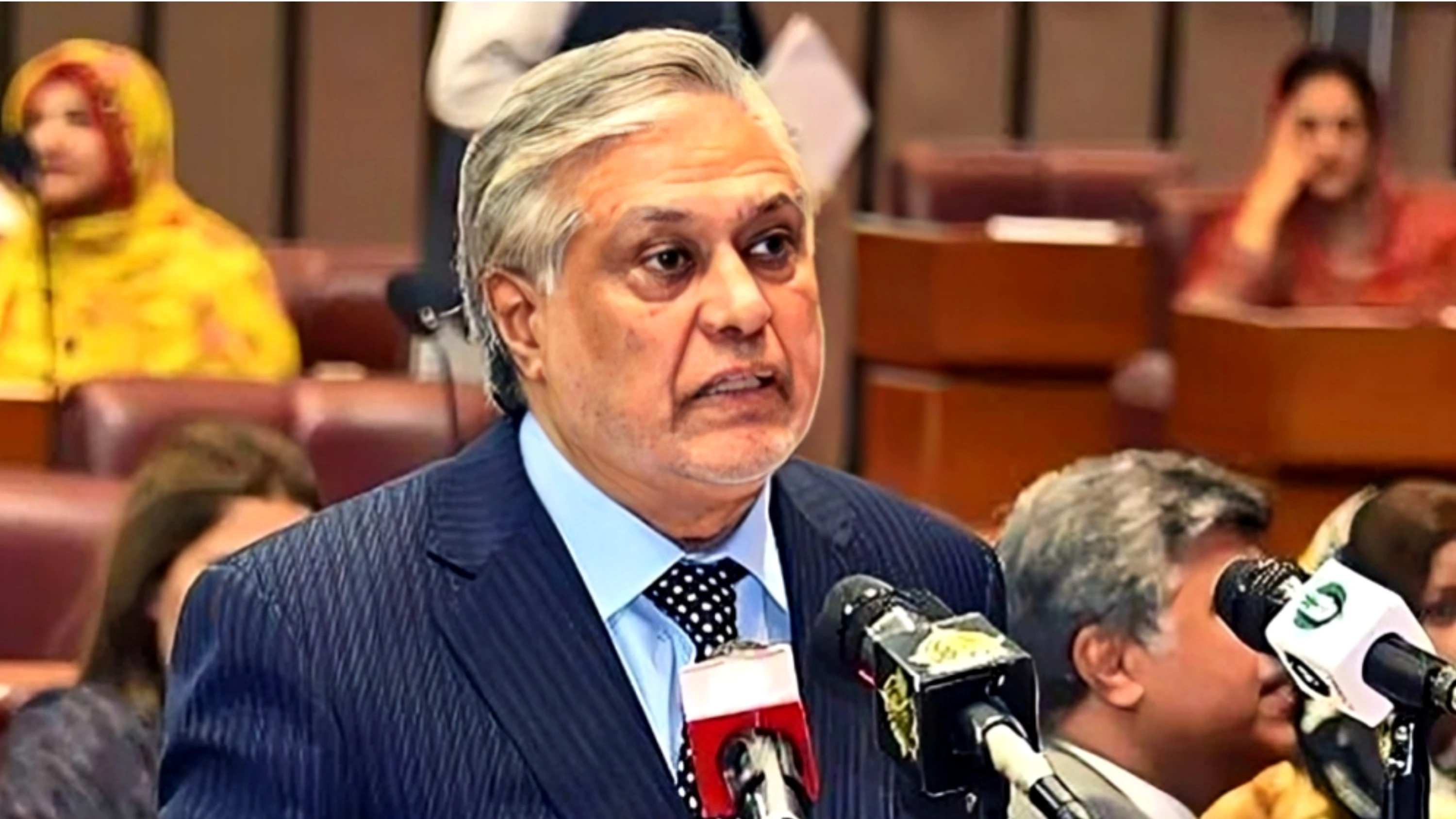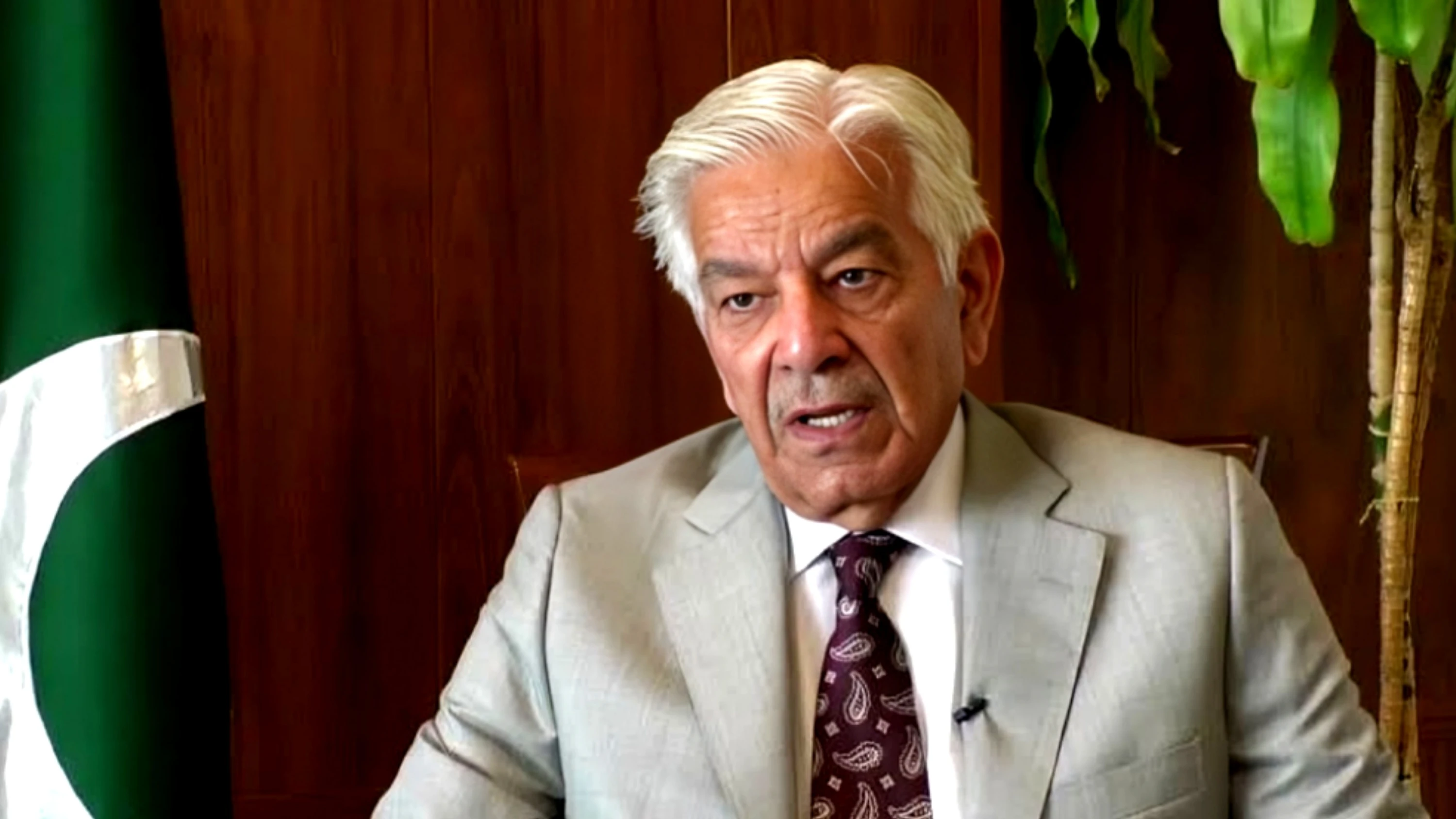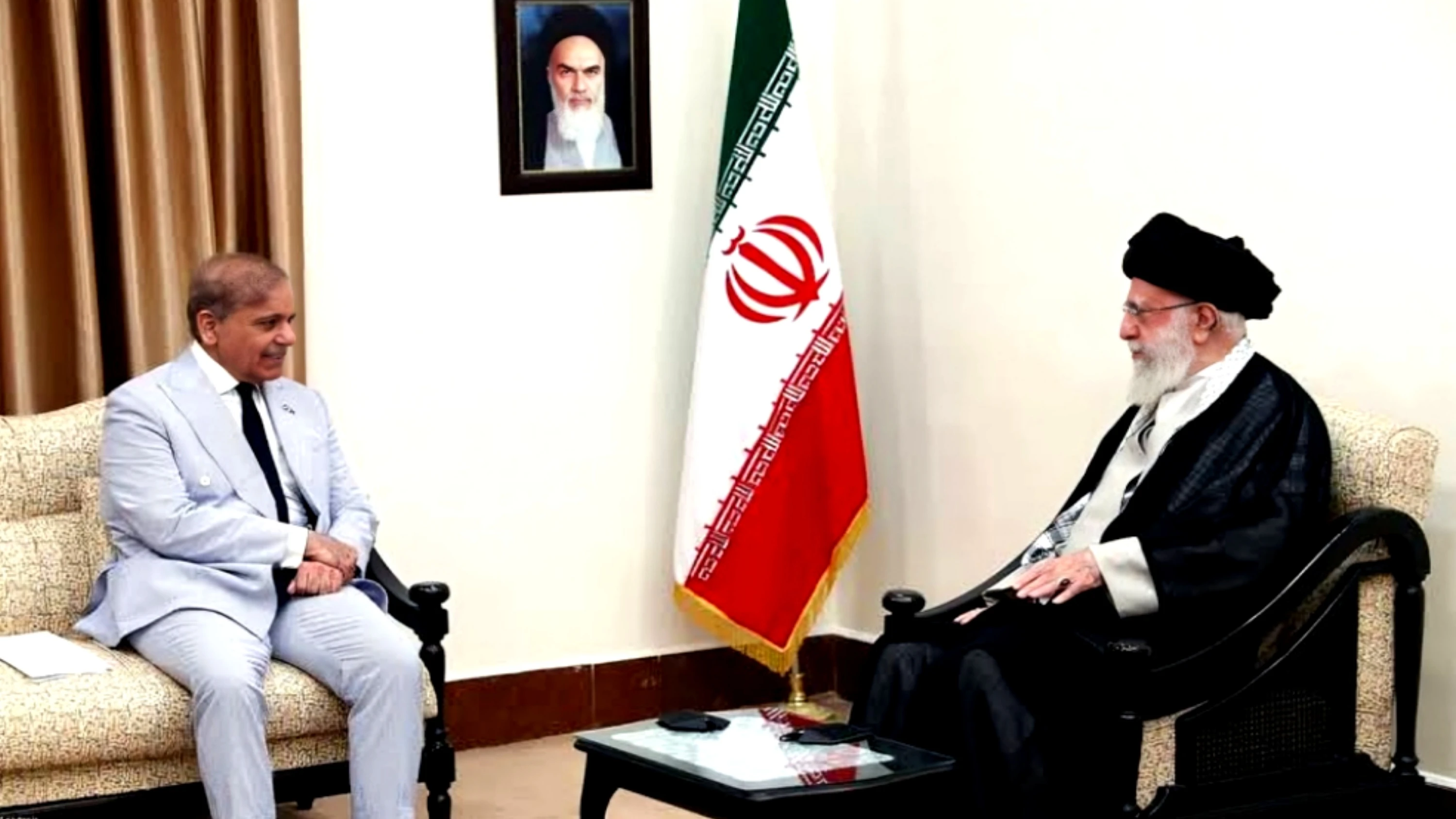Quetta: The Balochistan Assembly on Wednesday passed the Balochistan Anti-Terrorism (Amendment) Bill 2025, granting authorities the power to detain any suspect for up to 90 days without trial. The bill also authorizes the establishment of detention centers across the province for this purpose.
The bill was introduced during a session chaired by Speaker Captain (R) Abdul Khaliq, with Member of Provincial Assembly (MPA) Mir Sadiq Sanjrani presenting the draft in the house.
At the time of its tabling, only four opposition members were present in the assembly. Among them, MPA Maulana Hidayatur Rehman opposed the bill’s immediate passage, citing concerns that needed to be addressed. National Party MPA Kulsom Niaz walked out of the session after she was not permitted to speak on the bill.
JUI’s female MPA Shahida Rauf also expressed reservations, stating the bill should not be passed in haste and required further deliberation.
Key Provisions of the Bill
According to the amendment, authorized officers may issue preventive detention orders for individuals suspected of involvement in activities such as attacks on security forces, sabotage of critical infrastructure, targeted killings, kidnappings for ransom, extortion, attacks on minorities, and ethnically motivated killings.
Authorities are also empowered to detain individuals accused of facilitating or aiding terrorism. The bill allows for detention based on credible intelligence or complaints, even if formal charges have not been filed.
If detention needs to be extended beyond the initial 90 days, it must comply with the provisions outlined in Article 10 of the Constitution.
Investigations are to be carried out either by a police officer of SP rank or by a joint investigation team. Detainees will be held in specially designated detention centers. If found involved in scheduled offences under this act, they may be handed over to investigation agencies upon request.
Oversight and Human Rights Safeguards
A board headed by the Additional Chief Secretary (Home) will oversee the implementation. It will include two civilian and two military officers, a criminologist, and a psychologist. The board will review each detainee’s ideological inclination, mental and physical health, and recommend transfers to government-established detention centers if necessary.
The board will also handle complaints of torture or inhumane treatment and recommend disciplinary actions against any officials found responsible.
Government Justification
Prior to the assembly’s approval, the bill was reviewed by the Home Department committee, where Chief Minister Mir Sarfaraz Bugti briefed members on its various aspects.
The Chief Minister acknowledged the ongoing issue of enforced disappearances in Balochistan and the fragile law and order situation. He alleged that some individuals go into hiding and later blame security forces for their disappearance.
He stated that the new legislation aims to bring transparency and accountability. “We don’t want to be accused of illegal detentions anymore. If the CTD or any intelligence agency arrests someone, they will be kept in official custody where their families can meet them and be informed of their whereabouts. Detainees will also be presented before a magistrate,” he said.
He added that further extension of detention beyond 90 days would require the approval of a High Court judge.
Opposition’s Dissent
In the committee meeting, JUI member Asghar Tareen submitted a dissenting note, arguing that the bill should not be passed in its current form and must undergo comprehensive debate in another dedicated session.
It is important to note that the issue of missing persons remains the most pressing humanitarian concern in both Balochistan and Khyber Pakhtunkhwa, forming the basis of widespread movements and public unrest in these provinces.
In Khyber Pakhtunkhwa, the law titled Action in Aid of Civil Power has granted similar powers to the administration, leading to numerous reported cases of abuse of authority. In Balochistan, proposed provisions allowing detention without an FIR for up to 90 days raise serious questions amid an already fragile and complex humanitarian and administrative situation.
Whether such measures will prove effective or exacerbate existing tensions remains to be seen and will only become clear once the law is implemented on the ground.








